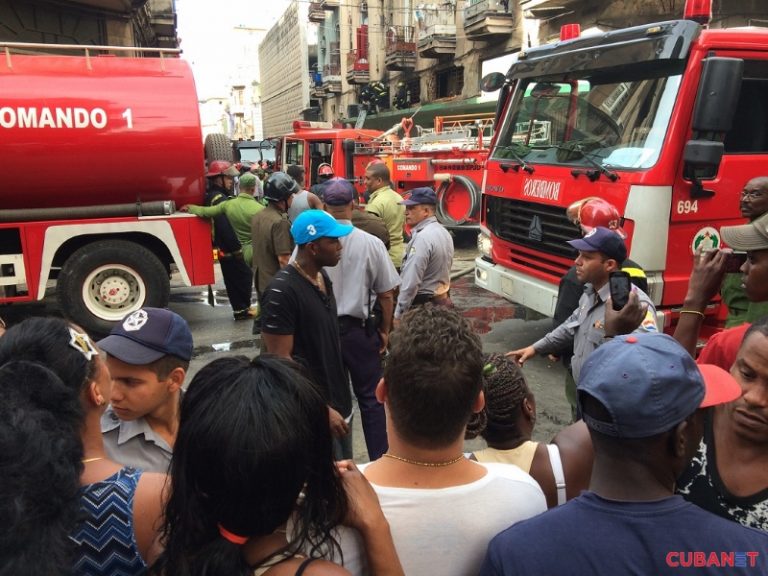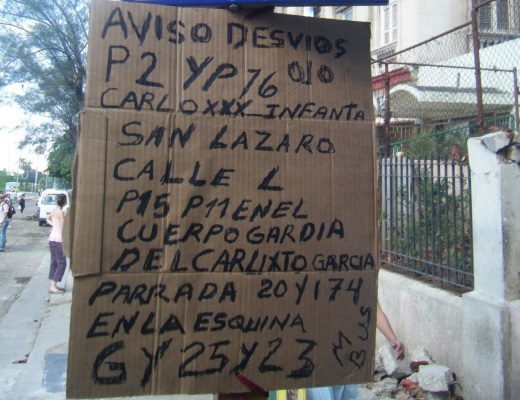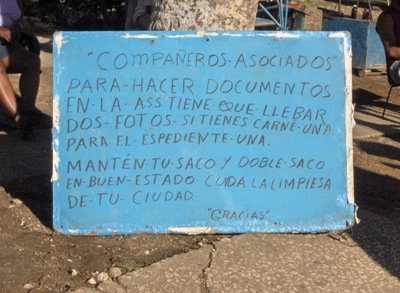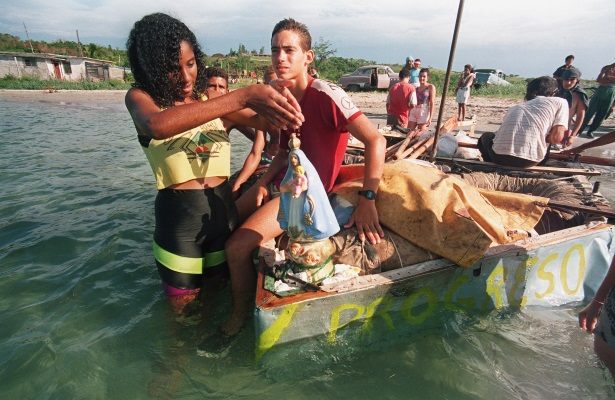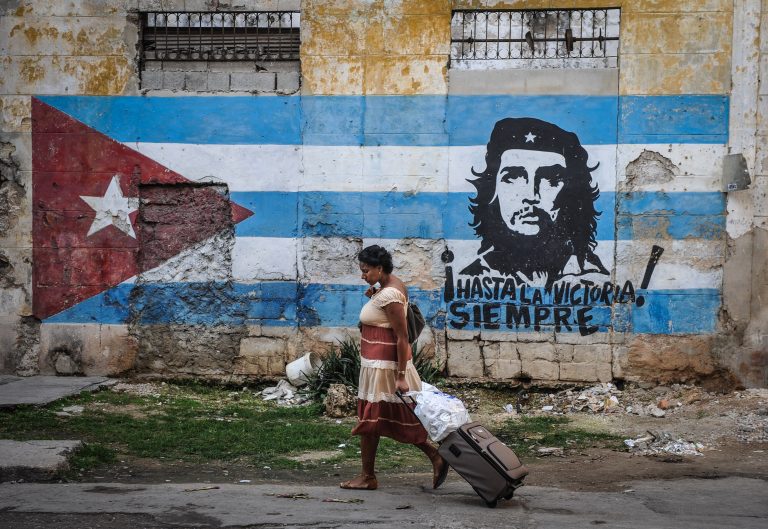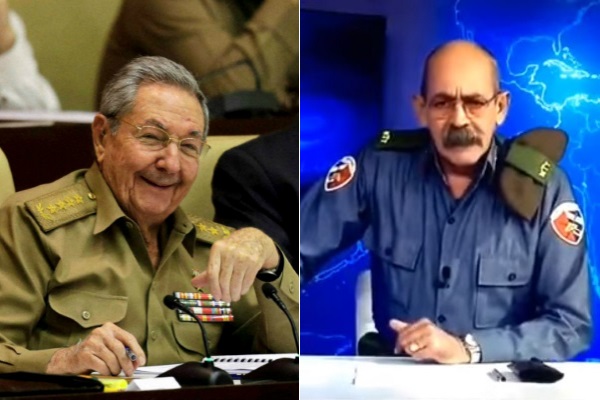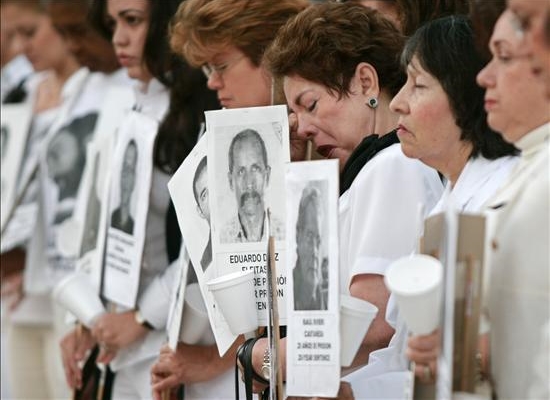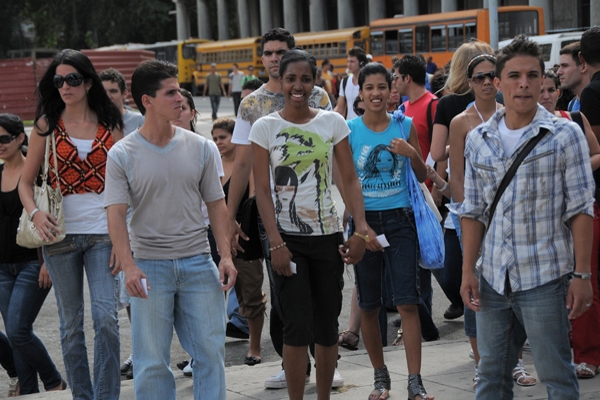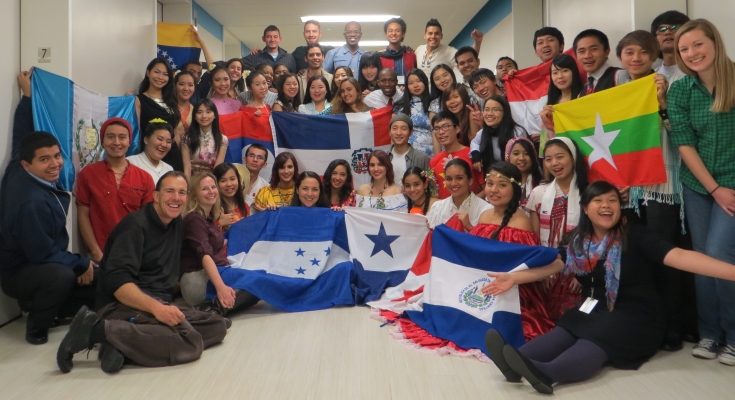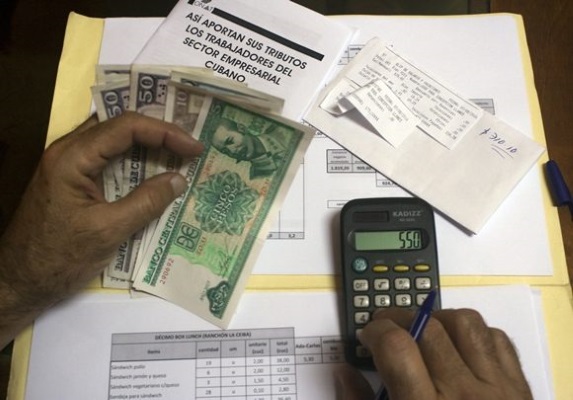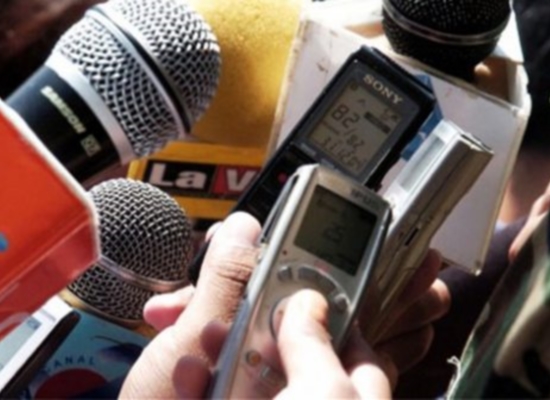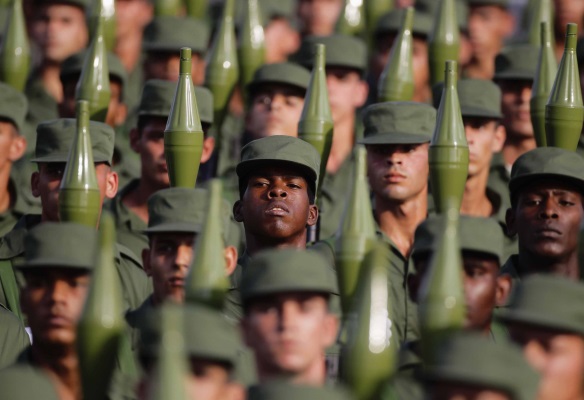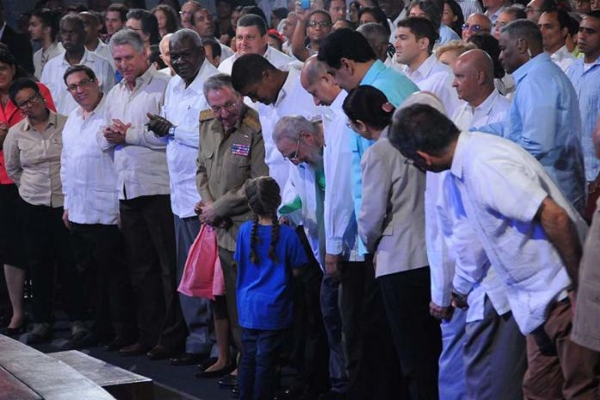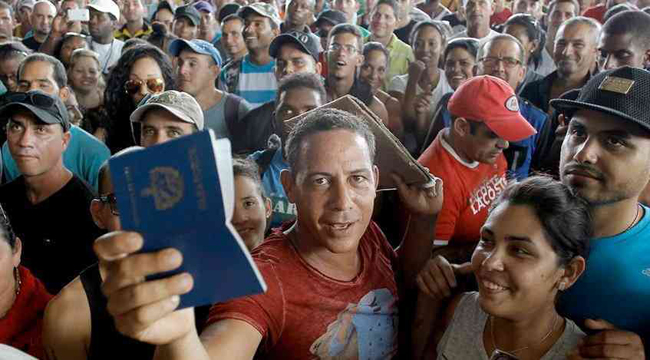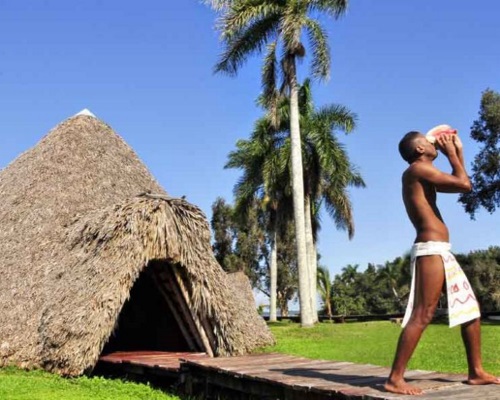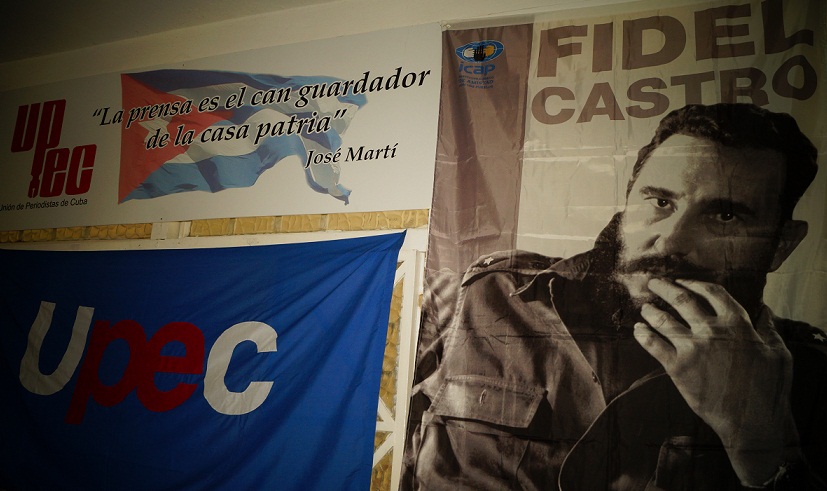
Cubanet, Miriam Celaya, Havana, 23 February 2017 — An editorial piece published February 14th on the Havana Times website under the title “Official Journalism in Cuba: Empty Nutshells,” revisits a recurring issue that has been going around in the Castro media and is threatening to become fashionable: to be or not to be a dissident.
In fact, several young journalists of these media have shown themselves to be discreet critics, not only of the current Cuban reality, but also of the dullness of the press, the censorship that is often applied to their work, the lack of access to certain spheres of public administration that should be held responsible for the mismanagement of services and of the economy and of the sanctions imposed on colleagues who openly question public media editorial policies or other issues that officials consider “sensitive” to the security of the socio-political system. continue reading
That is to say, in recent times there has been a kind of juvenile anti-gag reaction on the part of the new generations of professionals of the press, to whom the narrow limits of “what is allowed” are too narrow.
Perhaps because they clash against the challenge of narrating a triumphalist and intangible reality in the media that in no way resembles the harsh conditions they experience on a daily basis. Or because of the contrast between their meager income as journalists of the official press and the much more advantageous income that can be derived from collaborating with alternative digital means. Or because they belong to a generation that has distanced itself from the old revolutionary epic of “the historical ones” whose original project failed.
Or because of the sum of all these and other factors, the truth is that young journalism graduates integrated into the official media are showing their dissatisfaction with the ways of antiquated journalism a la Castro of (not) doing and (not) saying.
The response of the champions of the ideological purity of Cuban journalism has not dawdled; thus, the more fervent ones have chosen to accuse the bold young people of being “dissidents.” And it is understood what that demonized word means, the worst offense to a Cuban revolutionary, as well as certain punishment: marginalization and ostracism.
For its part, the counter-answer of the reformist sectors – let’s call them that, the ones who defend a new type of official press, let’s say kindly, more truthful and transparent – is the defense of their right to “dissent”… or, better yet, to diverge, because when it comes to nominalism, they prefer to move away from the dangerous definitions that have been applied to “others.”
And there’s no need to transgress because of excesses in expectations. They are barely subtle dissenters. For if there is any positive initiative that tends to refresh the arid informative world of the Cuban official media or to push the limits of what’s allowed by the ironclad censorship – understanding that, given the long-lived government press monopoly, any break in the immobility could eventually have a favorable result in an aperture process, currently unthinkable – this does not mean that the official journalists who are claiming more rights for their self-expression are defending the true right to freedom of expression endorsed in the Universal Declaration of Human Rights, not only because they conceive the free expression exercise just from positions of “socialists” or “revolutionaries from the left,” but because – as a remedy to the very monopoly of the press that silences them – they insist on disqualifying (for being “stateless, mercenary and anti-Cuban”) any proposal or opinion that differs from the socio-political system by which eleven million souls are supposed to be ruled ad infinitum, and which was chosen, without consultation, by a privileged caste almost six decades ago.
The article referred to at the beginning of this text – which is authored by Vicente Morín Aguado – quotes two very eloquent phrases from a young journalist from the newspaper Juventud Rebelde (Rebel Youth). According to her, “the issue is not in being a dissident, but what an individual is dissident against.” And later: “We have allowed those who understand little about principles and patriotism to snatch our words.”
This way, she misses twice. One is a dissident or not, beyond the program, proposal or belief we disagree with. Being a dissident is an attitude in the face of life, it’s questioning everything, including what we have ever believed in, which presupposes the most revolutionary of all human conditions. Therefore, one cannot dissent “from immobility, demagoguery, from those who are complacent and from the hypercritical, from inertia, from limited commitment, from hollow discourses” and from the whole long list that the young woman quotes, and at the same time, remain faithful to the system and to the government that generated those evils. One cannot be a half-way dissident.
On the other hand, it is not explicitly stated who those who “understand very little of principles and patriotism” are, but we know that such is the stigma usually pinned on all the dissidents that make up the Cuban civil society, including Independent journalists, such as this writer. I cannot share, as a matter of principle, such a narrow concept of Motherland conceived as the exclusive fiefdom of an ideology. It is a sectarian, exclusive, false and Manichean concept.
Unfortunately, Morín Aguado falls into similar temptation when he says that “every day the real dissidents increase within the universe of Cuban information.” Not only does he suggest the existence of a “non-authentic” dissidence, which he never quite mentions- perhaps for reasons of space, or for mere lack of information – but that also leaves us with the bitter aftertaste of feeling that what is at issue in this libertarian juvenile saga is substituting an absolute truth for another… just as absolute.
Official journalistic dissidence, then, is chemically pure. It is not mixed with any other. It is subtly dissident, which determines that, until now, it results in just an attempt at a struggle for partial freedom of expression. They seek to replace the “freedom of expression” of the official press monopoly for their own freedom, to improve the so-called Cuban socialism “within the revolution.” That is to say, a subjection of the whole press to an ideology as the only source of legitimation of “the truth” is maintained, which – it must be said – limits the whole matter to a simple generational little war.
However, this is good news. Of wolf, a hair, my grandmother used to say when things brought at least a minimal gain. We can never tell what any slight movement can generate in a mechanism that has been immobile for so long.
Personally, I will continue to exercise dissidently my most irreverent right to express what I think, not obeying ideology or any political fashion. My homeland is much more than 110,000 square kilometers of earth, more than a flag, an anthem and a coat of arms, and far more than the defense of the interests of a cohort of authoritarian elders who not only kidnapped the nation, but also – painfully – the willpower of several generations of Cubans. Let it be known that I will also defend the right of expression, under any circumstance, of those who think very different than me, communists and socialists included.

